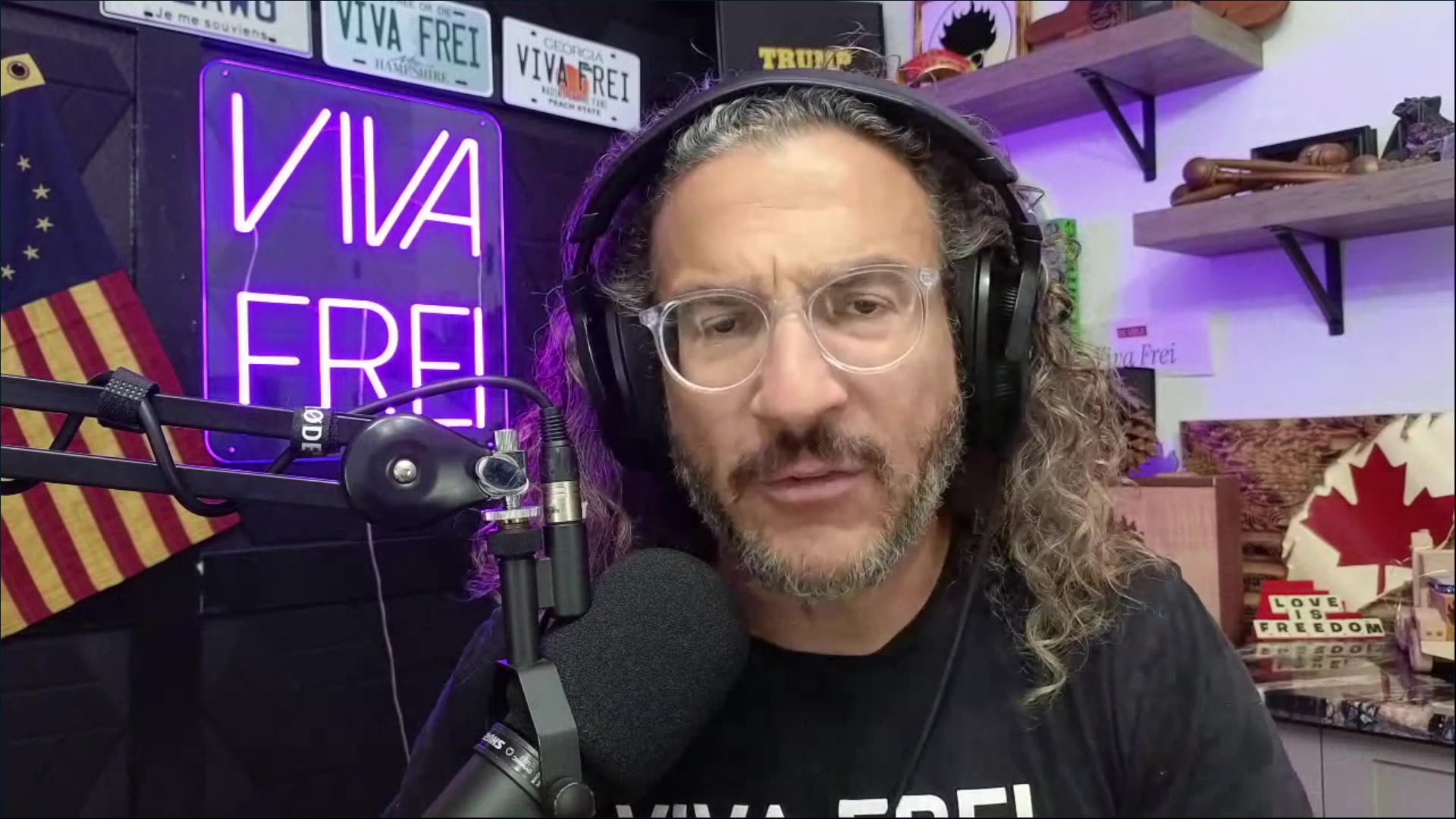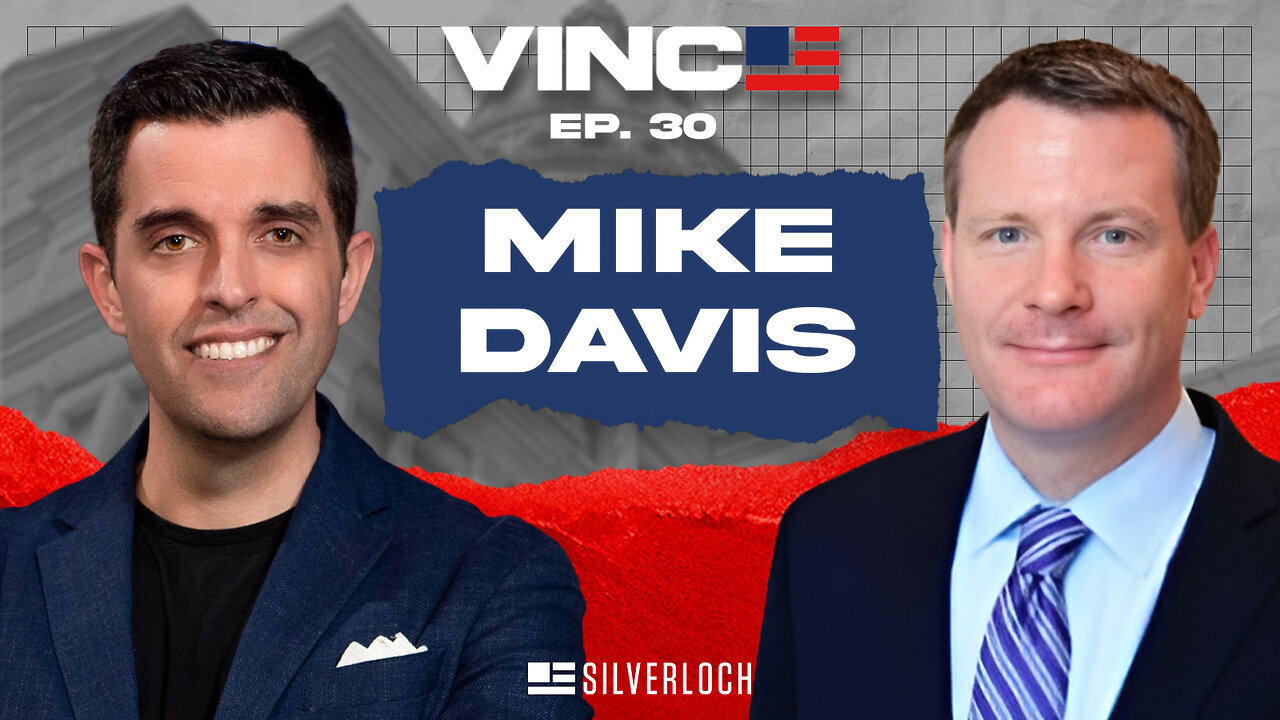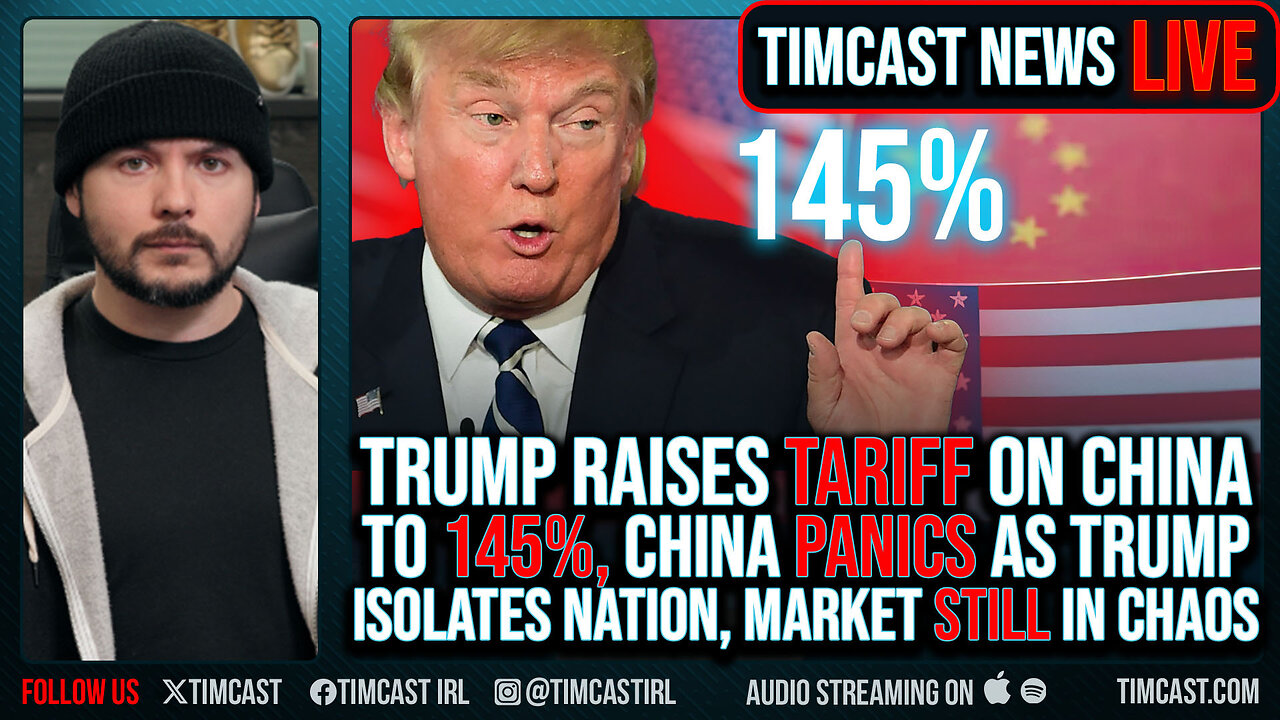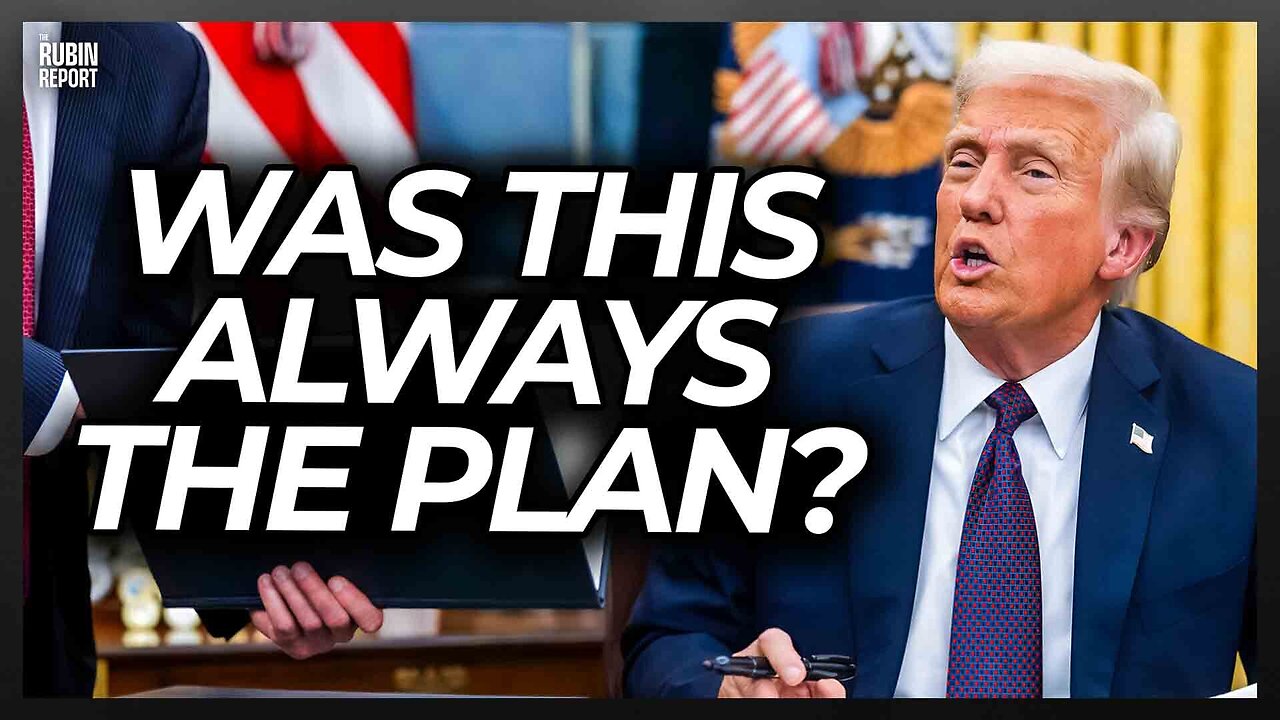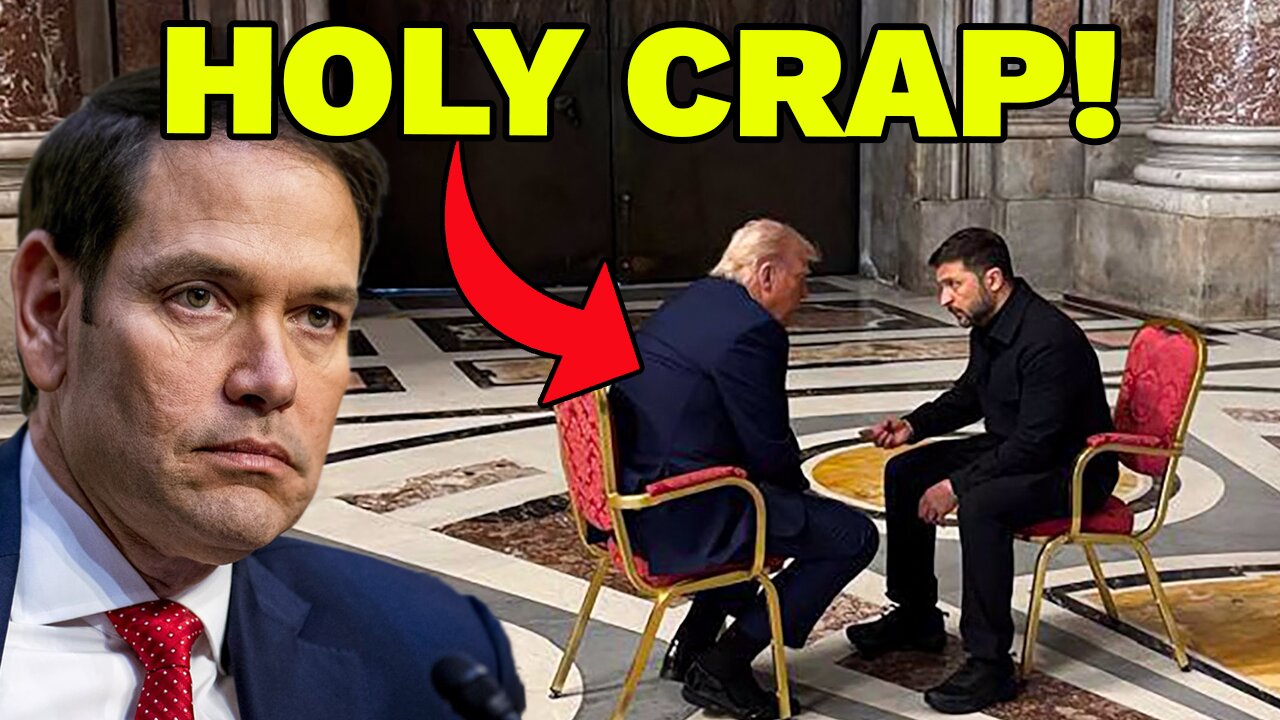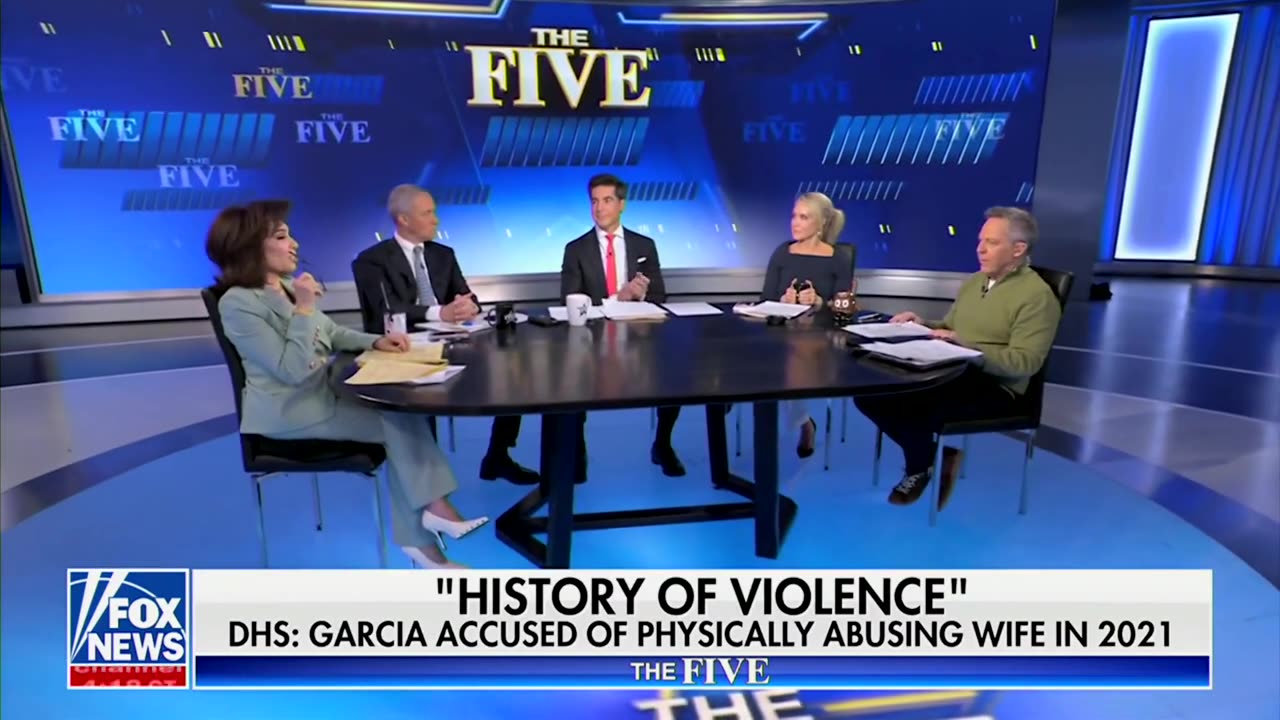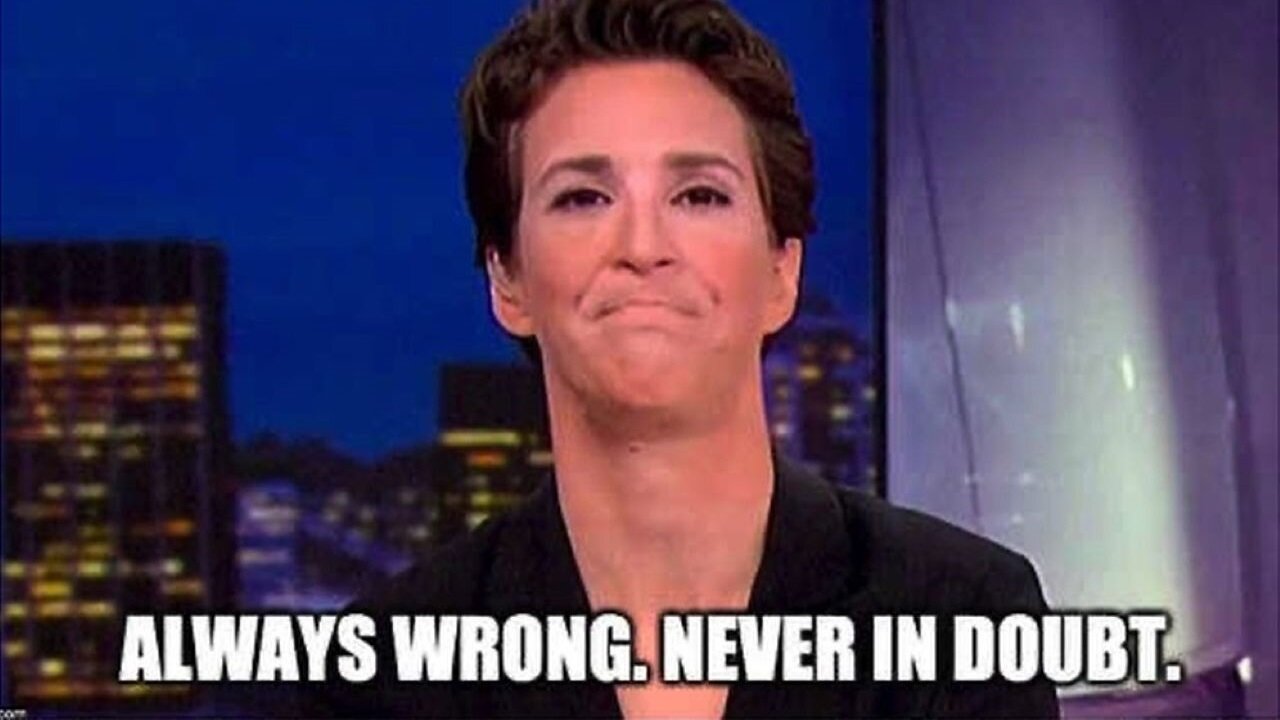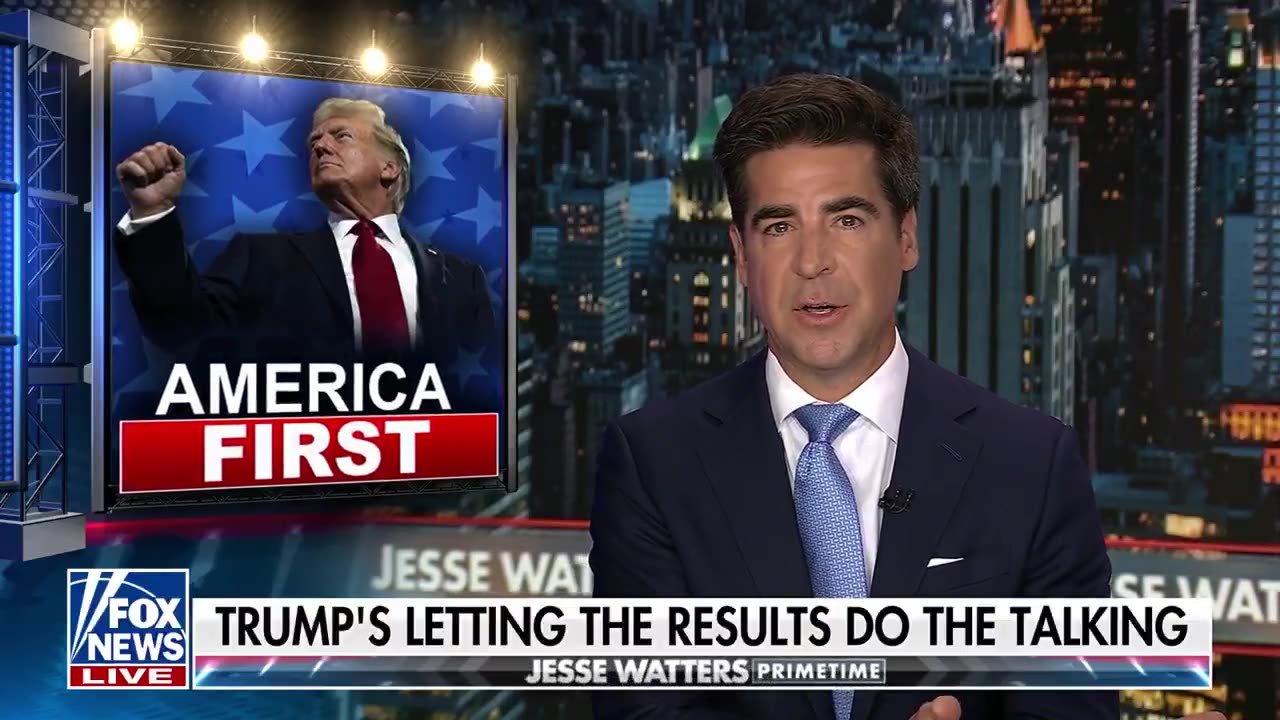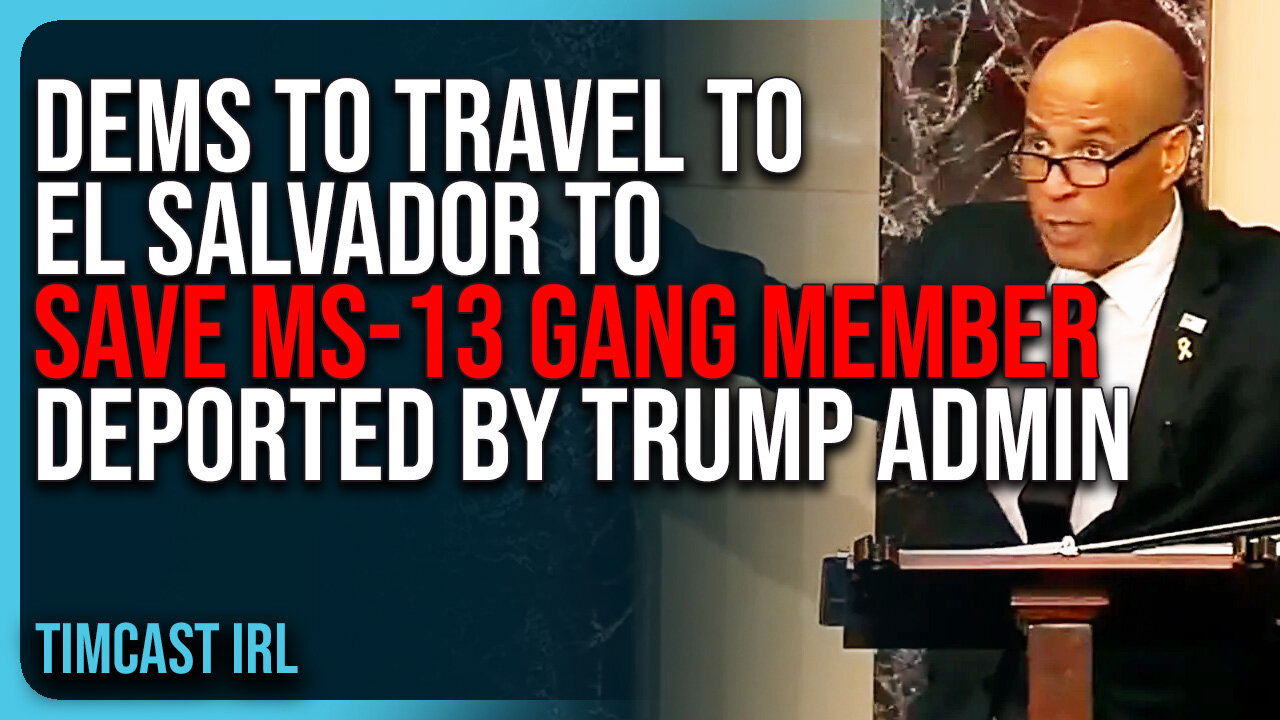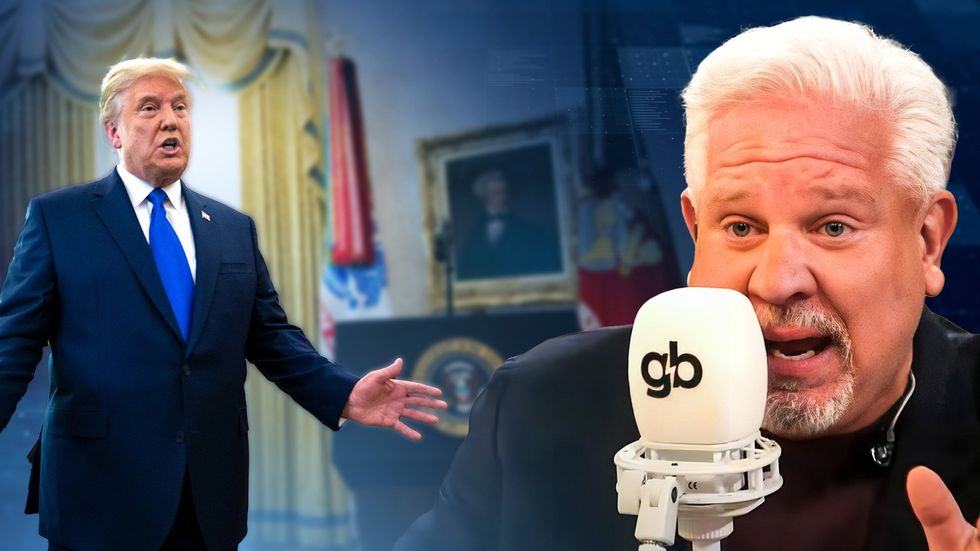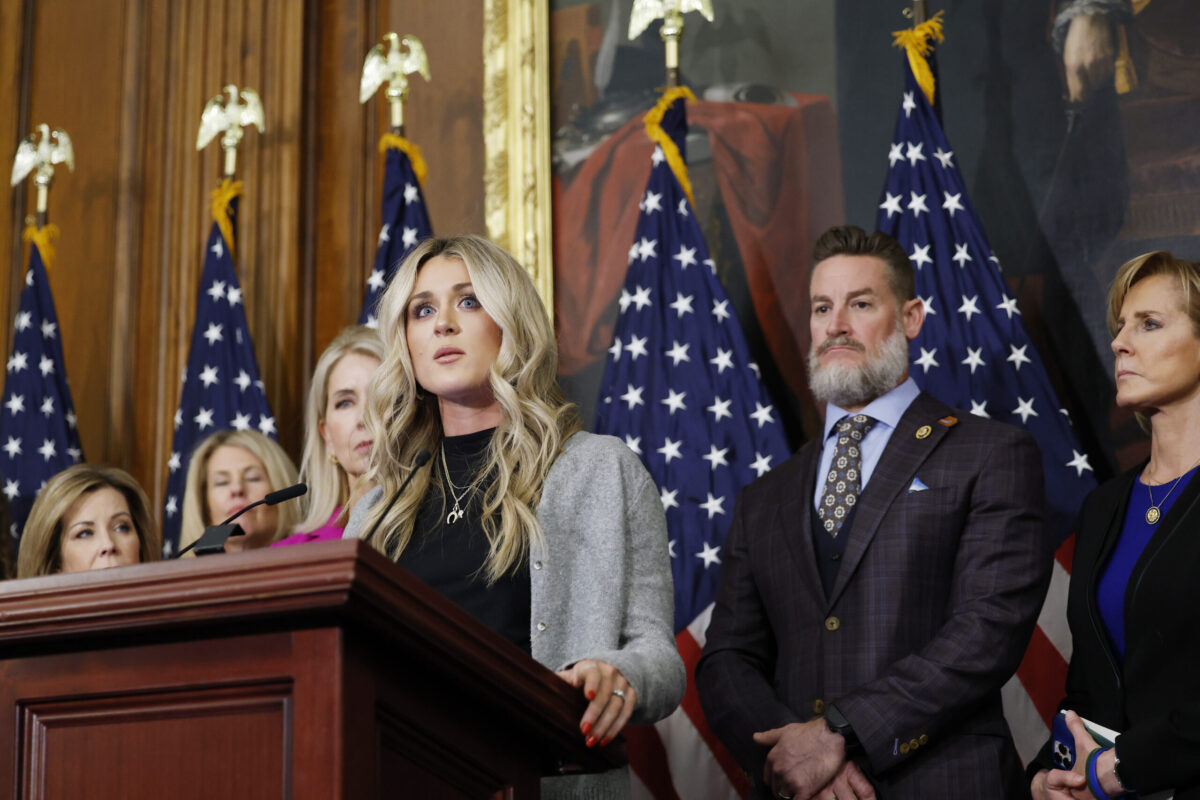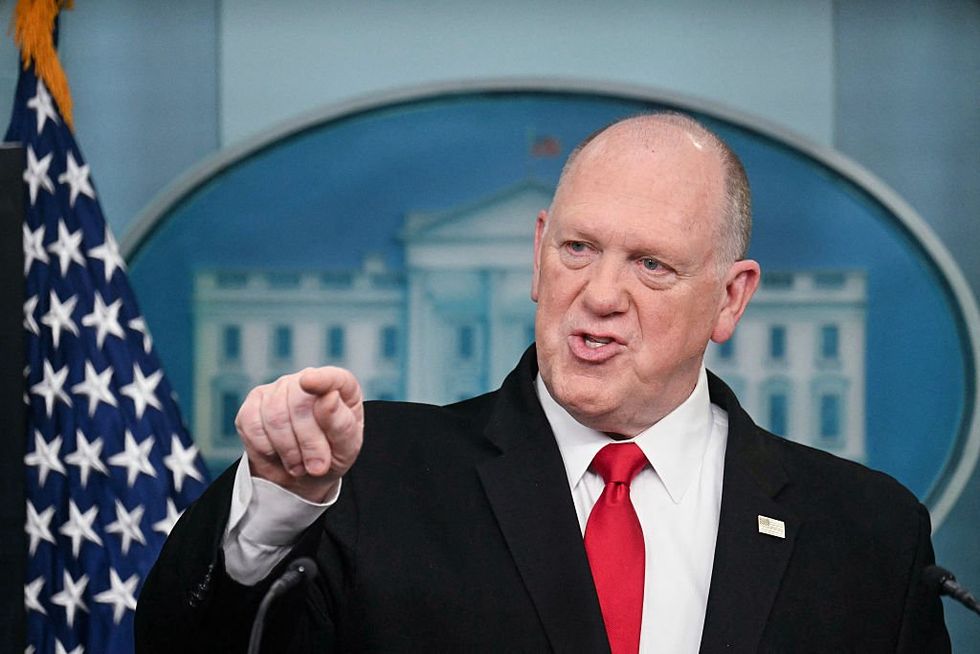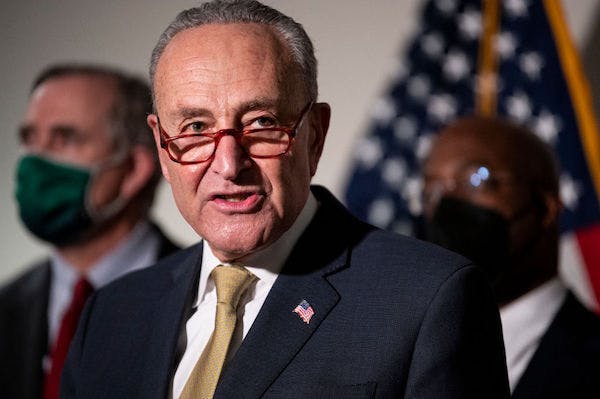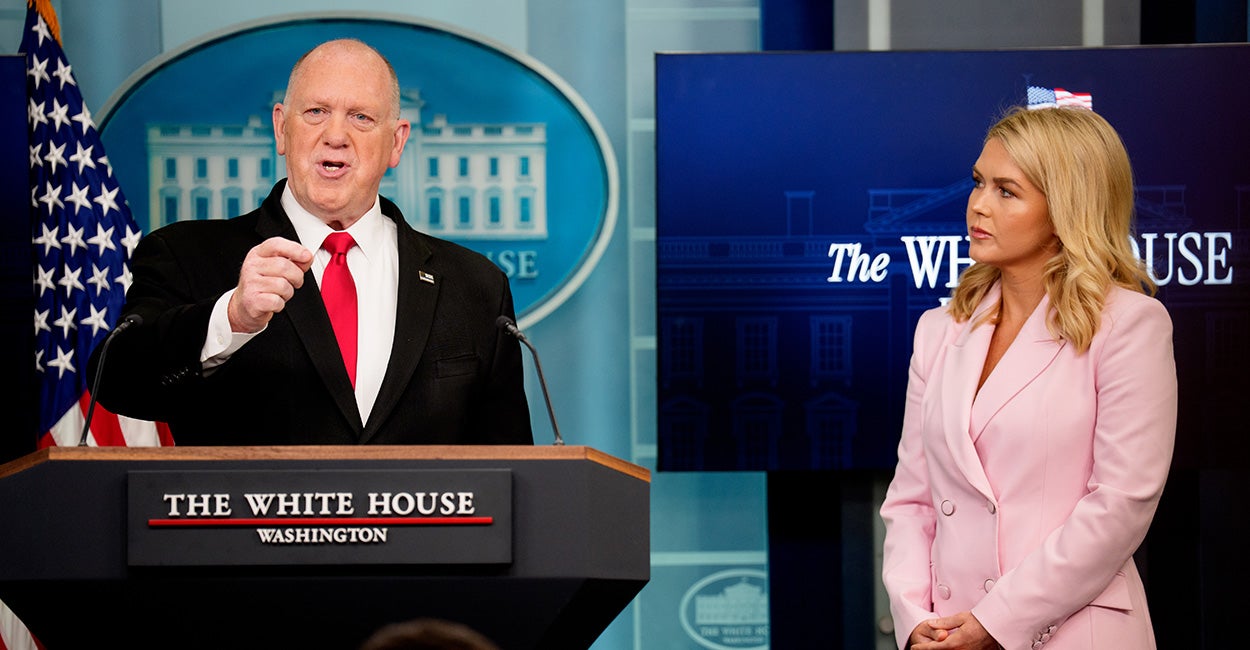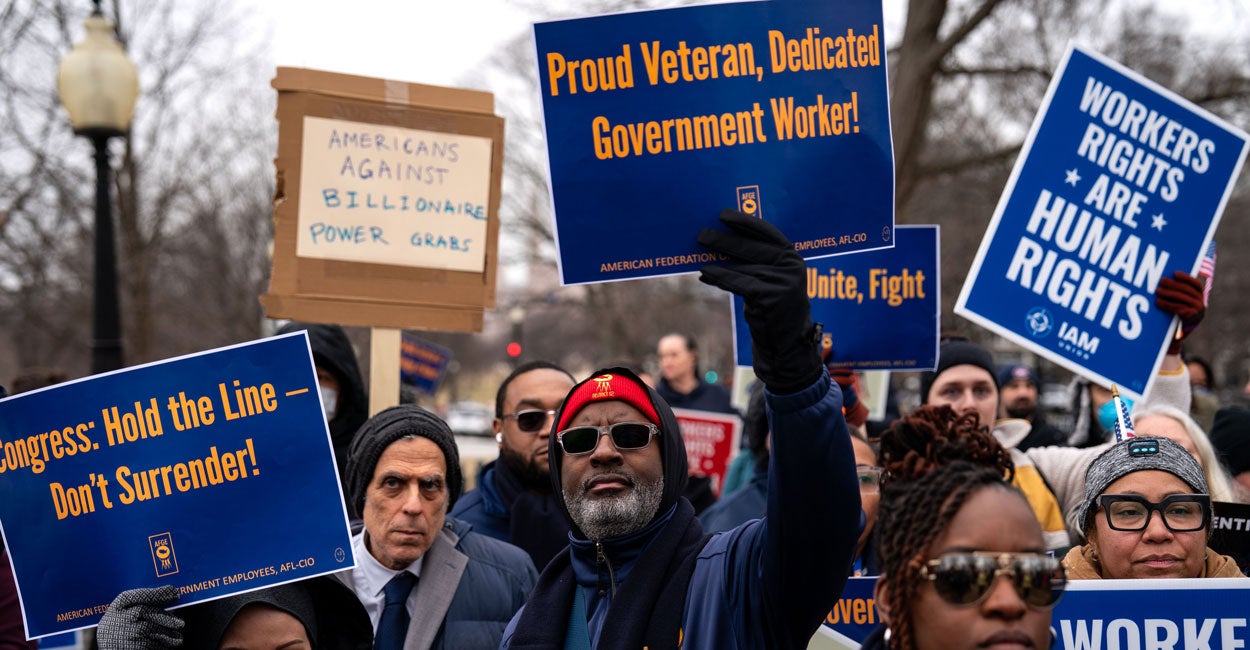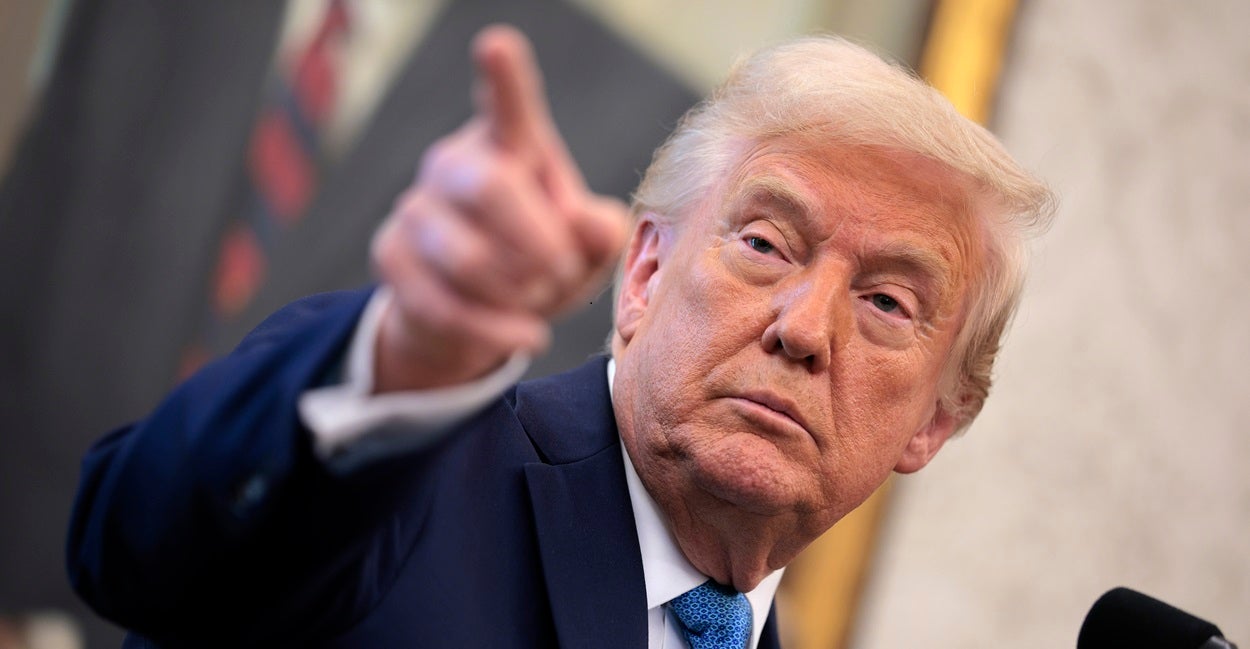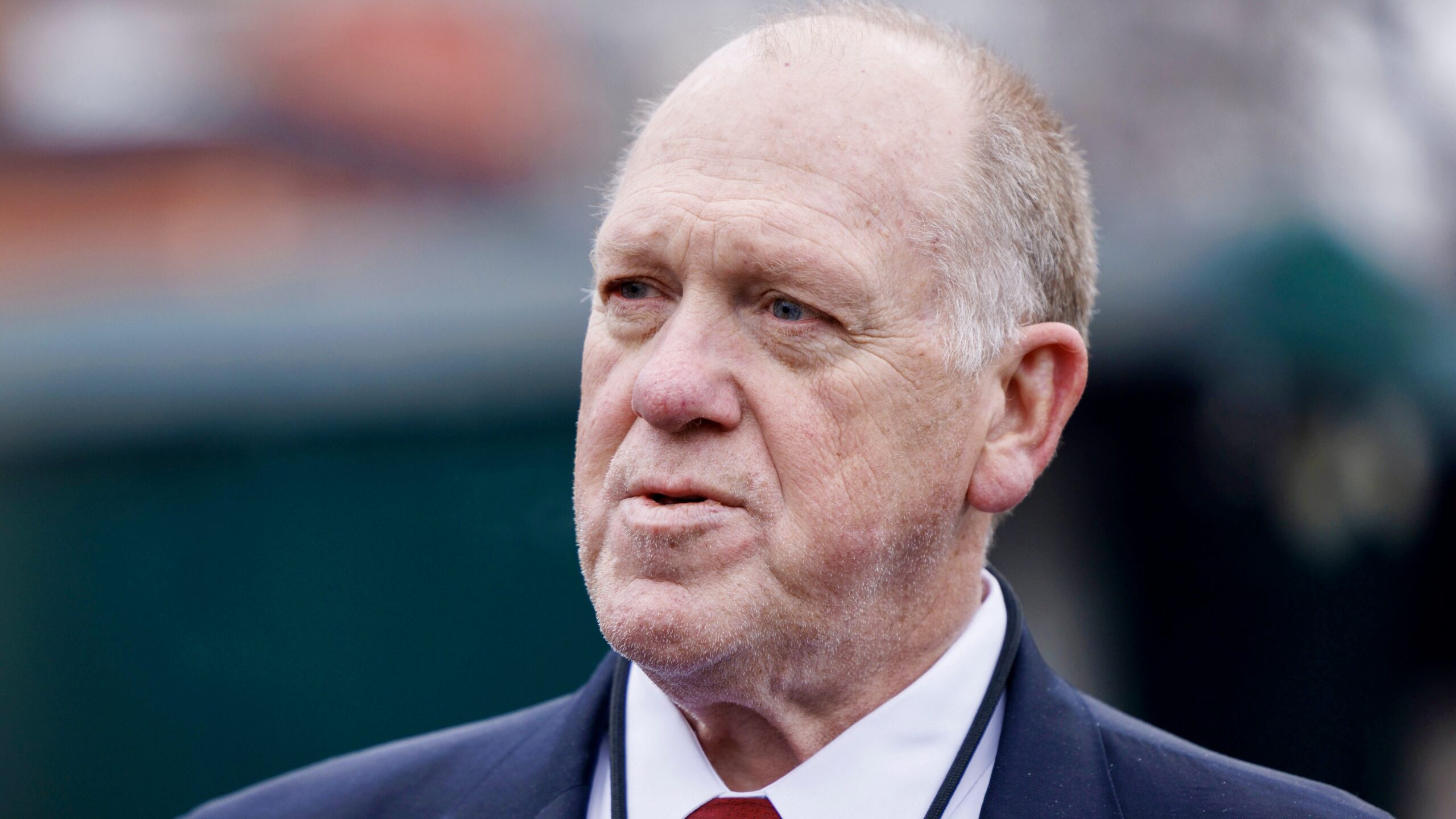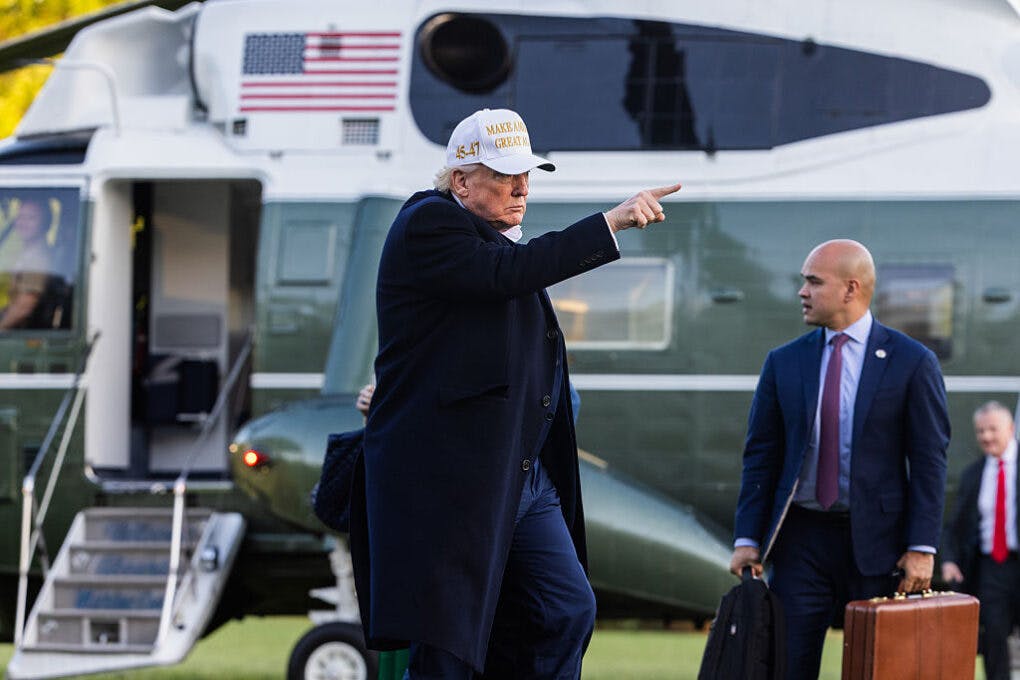Federal Employee Unions Seek To Strip Buyout Offer From Federal Workers
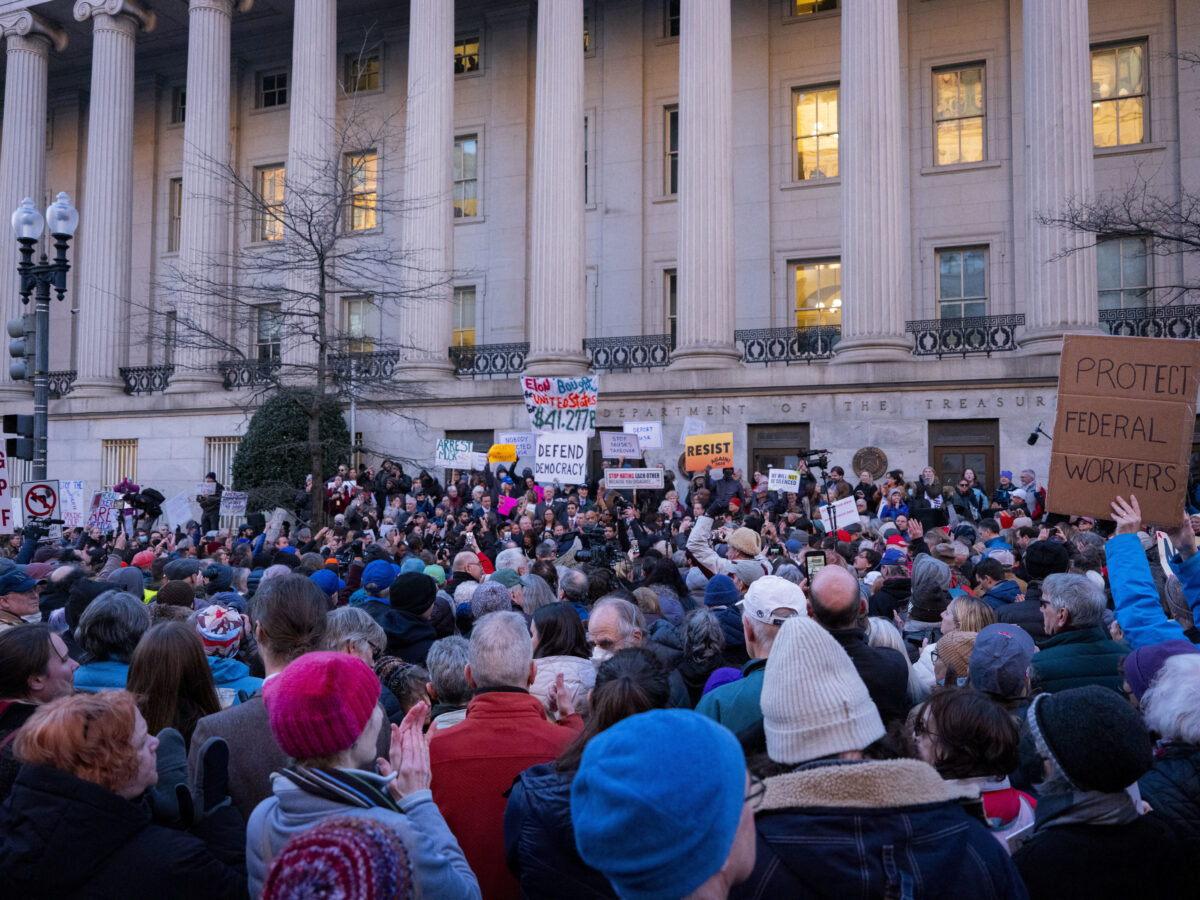
As part of his plans to improve the efficiency and reduce the size of the federal government, President Trump offered federal employees a generous buyout, effectively equal to about eight months of pay and benefits worth $122,000 on average.
Federal employees, who originally had until February 6 to accept the buyout offer, were scheduled to stop working at the end of this week. Despite federal employee unions urging them not to take the buyout, an estimated 20,000 to 40,000 federal workers have accepted the offer.
But a federal judge just delayed implementation of that buyout until at least February 10.
With federal employee unions at the helm of the lawsuits, it must be that the buyouts would harm federal employees — right?
Wrong.
The buyout offers a win-win for federal employees. Those who want the buyout can take it and enjoy eight months of pay and benefits without having to work. Those who don’t want the buyout nevertheless benefit from it as the more people who take it, the smaller are their chances of being laid off.
No one has to take the buyout; it’s entirely optional. Taking it is far better than being laid off with no severance through reorganizations or a reduction in force — both of which, the Trump administration noted, are coming.
The unions argue that the buyout offer is arbitrary and capricious, and that the president lacks the authority to issue these payments. And they’ve instructed their members not to take the buyout.
But as head of the Executive Branch, the president has authority over the federal workforce, including significantly reducing its size. While Trump’s generous buyout offer is unprecedented, reducing the size of the federal workforce is not.
Within a month of taking office, President Clinton issued an executive order instructing agencies to reduce their workforces by 4% over the following three years. He didn’t offer any buyout, and federal employment declined by more than 10% over the following three years.
It’s clear that the president has the authority to reduce the size of the federal workforce, which means that all federal employee unions are fighting for is to prevent their members who want the buyout from receiving it.
While the judge who delayed the buyout did not comment on its legality, the administration will presumably make the case that the buyout maintains spending on the federal workforce at the levels appropriated by Congress; and the offer is one of managerial directive, including allowing agencies to redirect work according to their needs.
The fact that federal employee unions are suing to prevent something that unilaterally benefits their members highlights one of the reasons Big Labor continues to decline in membership; union leaders often put their own desires for power and money above the best interests of workers.
If federal employees’ unions want to help their members, they will end their quest to deny them generous buyouts, and instead help their members make informed decisions that align with their own personal interests instead of the interests of union leaders.
***
Rachel Greszler is a senior research fellow at the Heritage Foundation.
The views expressed in this piece are those of the author and do not necessarily represent those of The Daily Wire.
Originally Published at Daily Wire, Daily Signal, or The Blaze
What's Your Reaction?
 Like
0
Like
0
 Dislike
0
Dislike
0
 Love
0
Love
0
 Funny
0
Funny
0
 Angry
0
Angry
0
 Sad
0
Sad
0
 Wow
0
Wow
0






